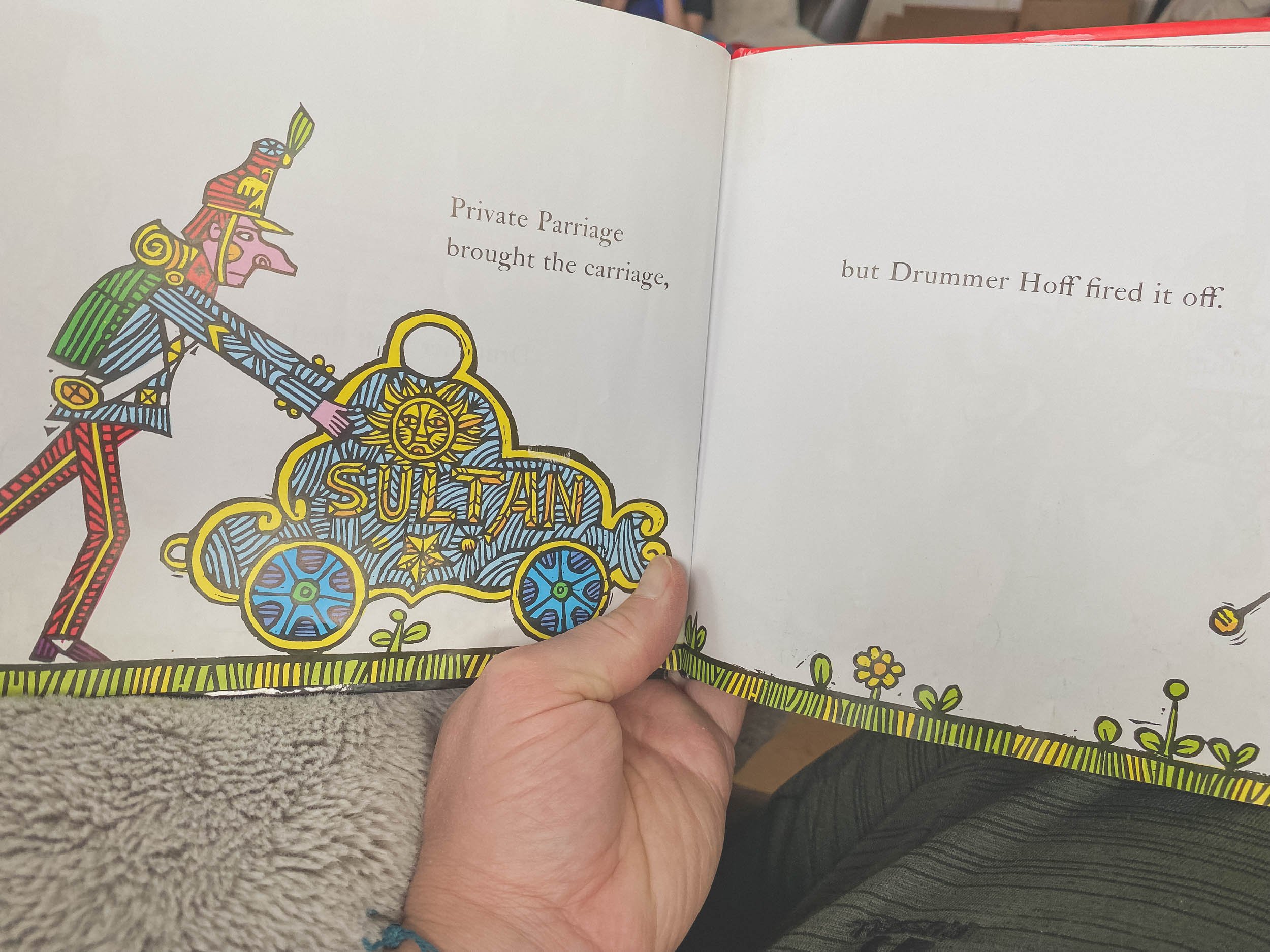Why Ferdinand is one of the most important books every parent can read.
The Story of Ferdinand by Munro Leaf (1936)
I read this book when I was a kid. Probably multiple times. It’s a story about a bull who likes to smell flowers. He doesn’t want to fight. He doesn’t want to crash and leap and carouse around with the other bulls. He likes flowers and enjoys his solitude.
But he’s big and brawny and others decide he’d be a fearsome opponent for a matador in the ring. So off they load him up.
But is he fearsome? Does he want to fight? Does he want to be surrounded by people, by praise, by noise and violence?
No. He wants to be left alone. With some pretty flowers to smell.
This book was published amidst the rise of Franco-style fascism in Spain and the Hitler-branded version in Germany. Incidentally, both of these reprehensible figures ordered the book banned and/or burned.
Also incidentally and interestingly, over in the Soviet Union, Stalin was okay with it. Let the conspiratorialists run with that one.
For decades, people have theorized and conjectured and grabbed ahold of Ferdinand as a symbol or allegory; something having to do with pacifism or peace or anarchism or some other political dogma. Maybe some of that’s warranted, especially considering the era in which it was written. But I think it is one of the most important books a parent can ever read. Yeah. I’ll write that sentence again:
I think Ferdinand is one of the most important books a parent can ever read.
It’s about a protagonist who’s content with himself. He loves to smell flowers and enjoys his solitude.
But others look at him and decide what he is and what he should be. He looks big and ferocious and occasionally that nature comes out. Like when he gets stung by a bee. In the book, humans step in so they can use him for their selfish purpose: as a terrifying opponent in a bullfight.
Most parents, I’d like to believe, don’t believe they’re using their own children for their own selfish purpose. Rather, most parents, I think, choose what they choose and do what they do because they believe it betters their child’s life.
Ferdinand is not an abrupt epiphany; a sudden realization that we need to suddenly change something. It’s a beautiful reminder; a kind and sideways acknowledgment about the beauty of solitude, the beauty of being at peace with oneself, the beauty of playing solo and soaking in the joy and vibrancy of what is around…
…rather than sticking a thousand options constantly at our kids, in the name of making sure they have enough choices and options and decisions and opportunities, and they need to do this and they need to do that, and
…this is what every two-year old is like, and that is what every 15-year old is like.
Those are assumptions and expectations based on stereotypes and history that are often accurate. But not always. And they’re not the full picture.
I love how Ferdinand is at peace with himself. He desires no conflict or additional entertainment. It’s not a story about how he eventually finds a friend. It’s a story that begins happy and ends happy, and in between the turmoil comes from other people not being okay with his following his true nature and his true desire:
A desire not to carouse and commit violence, but to be alone and smell flowers all day long.
There is a lesson in there about the importance of solitude and the importance of acknowledging those on the edges of what we interpret as normalcy.
I don’t want to spend my days in total solitude, and I want to do more than smell flowers. But I resonate deeply with Ferdinand’s desire to determine what brings him peace, contentment, and joy, rather than have it forced on him by others.
Thank you, Munro Leaf and Robert Lawson, for bringing this story to life almost a hundred years ago.









